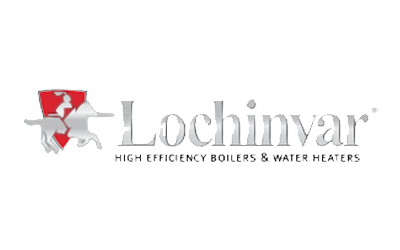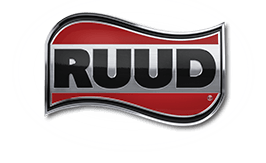Why should I purchase a new heating or air conditioning system?
We realize that purchasing a heating or air conditioning system is no small matter. However, if your existing system is old, in need of repair or simply inefficient, purchasing a new unit, one which can be as much as 60% more efficient than a system purchased just 10 years ago, can offer long-term benefits.
What is the proper size HVAC system for my home?
Sizing the equipment load requires the consideration of several factors. Ceiling height, construction, window size and placement and dozens of other variables all need to be considered to properly size a heating and/or cooling system. A professionally conducted load calculation is the foundation of an effective system.
What are the preventive maintenance measures for my ducts?
Although modern technology has made significant advances in air filters over the past decade, a fractional amount of dust still finds its way past heating and cooling filters and into your home’s ducts. As this dust accumulates throughout your home, it creates the perfect environment for the growth of mold, mites and harmful bacteria. To check your ducts for dust buildup, pull off several supply and return registers and see how much dust has accumulated in the system. If you choose to clean your system, your best option is to contact a professional duct cleaner.
Although duct cleaning has little effect on the actual air quality, it will eliminate a house-wide breeding ground for harmful bacteria and mold in addition to helping your heating and cooling system operate more efficiently. If you are installing a new system, you should consider cleaning the ducts at the same time. New systems are often more powerful than old systems and can stir up dust that is sitting in the existing duct work.
Although duct cleaning has little effect on the actual air quality, it will eliminate a house-wide breeding ground for harmful bacteria and mold in addition to helping your heating and cooling system operate more efficiently. If you are installing a new system, you should consider cleaning the ducts at the same time. New systems are often more powerful than old systems and can stir up dust that is sitting in the existing duct work.
How can I find the system that’s right for me?
There are many heating and air conditioning systems to choose from today. The size and age of your home, as well as the number of rooms, climate, local and regional utility costs, and utility incentive/rebate programs are all factors that will affect the functionality and, therefore, selection of your system. We utilize the latest technology, consider all these factors while assisting you in choosing the best system for your home.
Consumers seeking to replace an existing system often choose a new unit with equal or higher efficiency ratings compared to their previous system. Replacing a unit that is 10- to 15-years-old may reduce natural gas or electricity costs by 30 to 50%.
Consumers seeking to replace an existing system often choose a new unit with equal or higher efficiency ratings compared to their previous system. Replacing a unit that is 10- to 15-years-old may reduce natural gas or electricity costs by 30 to 50%.
Why should I choose an ENERGY STAR® product for my home?
When it comes to energy efficiency, all ENERGY STAR® certified products shine. They have higher efficiency ratings than standard models and will likely cost less money to operate. ENERGY STAR® and the ENERGY STAR® mark are registered trademarks owned by the U.S. Environmental Protection Agency. ENERGY STAR® products are third-party certified by an EPA-recognized Certification Body. Products that earn the ENERGY STAR® prevent greenhouse gas emissions by meeting strict energy efficiency guidelines set by the U.S. Environmental Protection Agency (EPA). For more information, visit .
Proper sizing and installation of equipment is critical to achieve optimal performance. Split system air conditioners and heat pumps must be matched with appropriate coil components to meet ENERGY STAR® criteria.
Proper sizing and installation of equipment is critical to achieve optimal performance. Split system air conditioners and heat pumps must be matched with appropriate coil components to meet ENERGY STAR® criteria.
How can I ensure that my heating and cooling system is operating as efficiently as it was designed to operate?
Here are several tips to help you keep your HVAC system running efficiently:
Change the air filters every month or as directed by your system’s manufacturer.
Cut back foliage and remove any leaves, grass trimmings or debris left by nearby dryer vents that might be blocking air flow to the air conditioner or heat pump.
Have your system serviced by a licensed professional HVAC dealer before peak season.
Change the air filters every month or as directed by your system’s manufacturer.
Cut back foliage and remove any leaves, grass trimmings or debris left by nearby dryer vents that might be blocking air flow to the air conditioner or heat pump.
Have your system serviced by a licensed professional HVAC dealer before peak season.
Should I zone my house?
In ducted systems, zoning divides your home into areas with common heating and cooling requirements by using secondary thermostats and zone dampers installed in the duct system. Zoning allows you to adjust heating and cooling in parts of your home when they are not used, helping to save money on energy costs. A properly designed zoning system allows you to simply set the temperature in each zone to your desired comfort level. The equipment and zone dampers do the rest.





